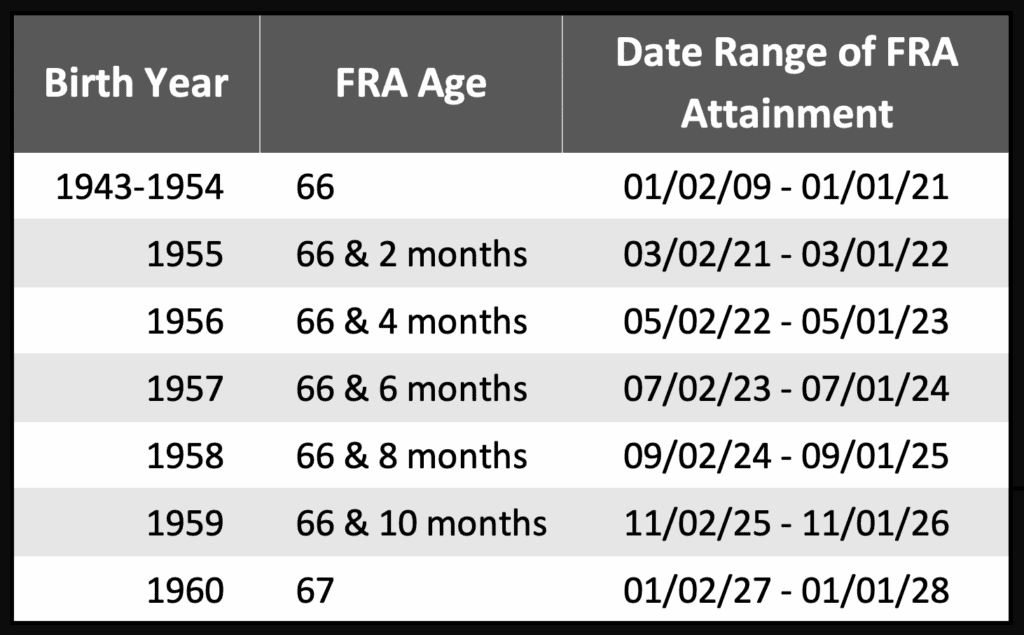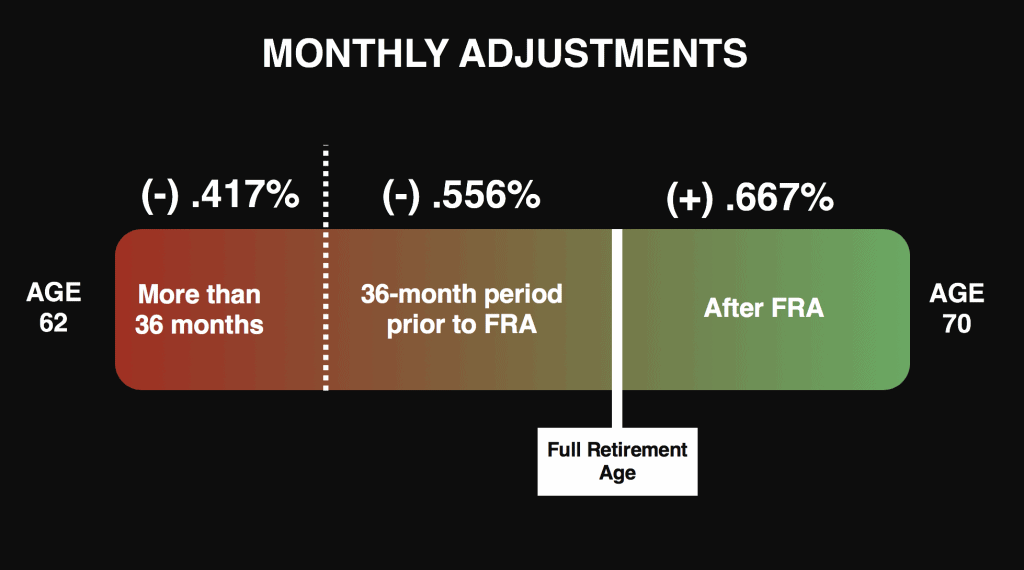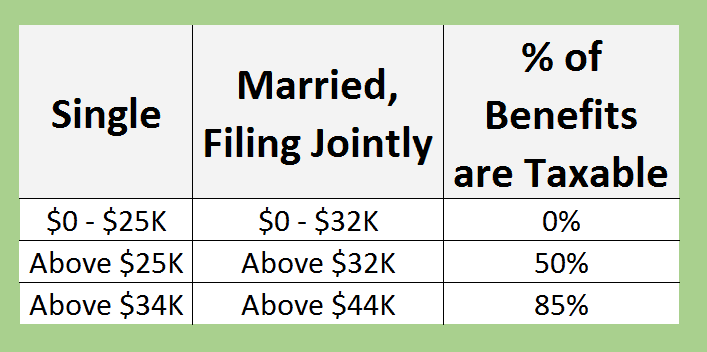SSI is a federal needs-based program that provides monthly payments to those who are disabled, elderly or blind and have a low income.
SSI is an acronym for Supplemental Security Income.
SSI is not a Social Security benefit. This is often confused since the SSI program is administered by the Social Security Administration. The SSI program is funded by general tax revenues that are paid in through federal income taxes. Social Security benefits are funded through payroll taxes and are not tied to a means test.
To receive SSI you must be:
- Age 65 or older
- Blind
- Disabled
To qualify for SSI you must have income below certain levels and resources (things you own) under certain levels.
Generally speaking, your income must be below the Federal Benefit Rate (FBR) which is set at $783 for single individuals and $1,175 for married individuals. The income requirements can be a little tricky since not all income is counted.
Your resource limit is $2,000 for singles or $3,000 for couples. Like the income limit, there are resources that are not counted.
Here are a few links from the SSA that will help you learn more about SSI.
https://www.ssa.gov/pubs/EN-05-11000.pdf
https://www.ssa.gov/benefits/ssi/






